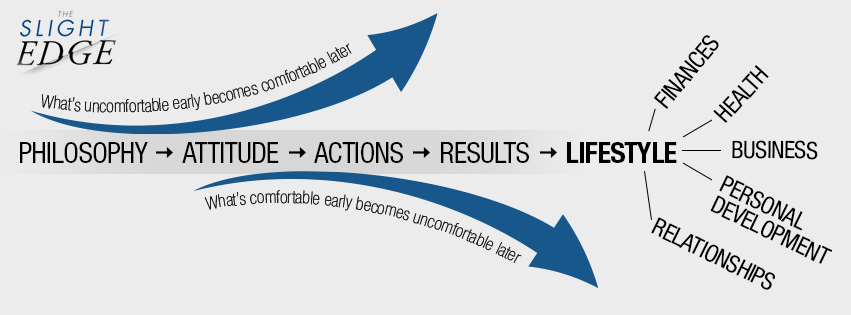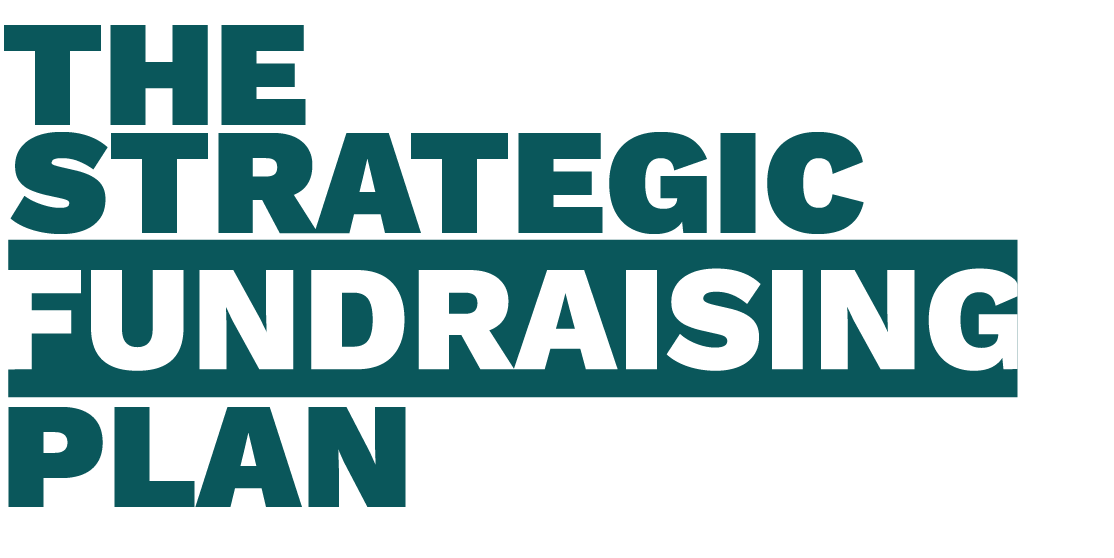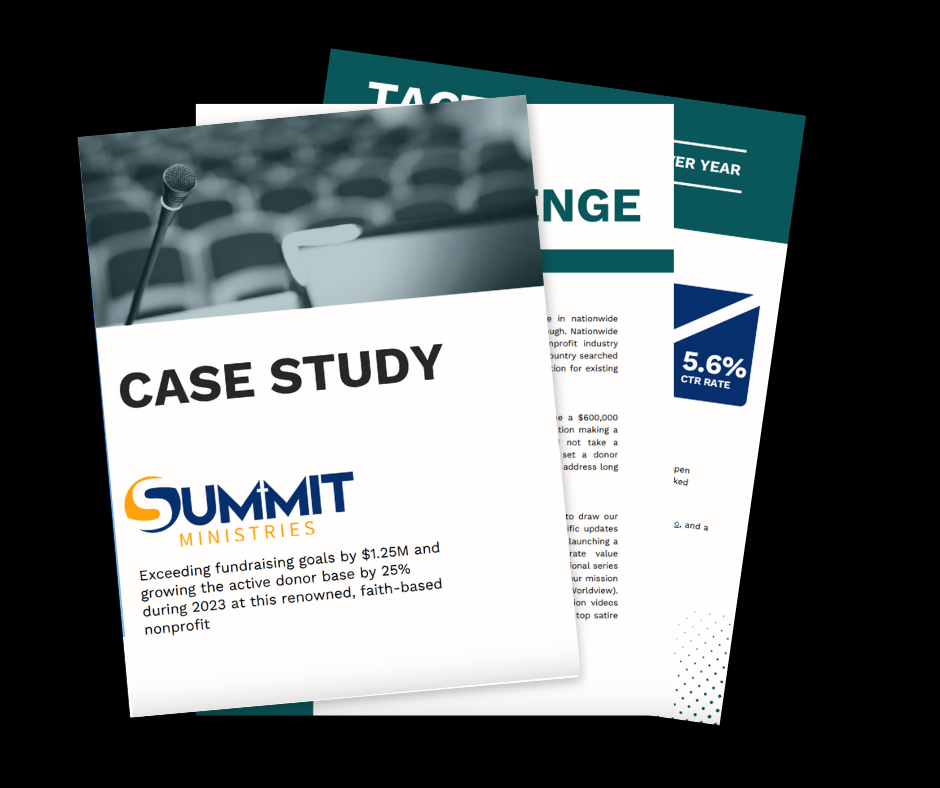“Did you get the grant application done? Facebook campaign launched? Emails scheduled? What about calling back the person who complained about how many emails were sent? Maybe, if you have time, call some people and ask for money. Who? Oh, I don’t know, pull that lapsed list and call the people on the list. Start at the top and work your way down. Wait, why weren’t you at the staff meeting? You didn’t get that brochure done yet? What about the invitations for the gala?”
Fundraising for a small organization (especially if it’s not your only job) can feel like the moment Indiana Jones faces down the pit of snakes in the movie Raiders of the Lost Ark. “Snakes! Why did it have to be snakes?”
“Fundraising. Why did it have to be fundraising?”
The point of this entire 12 Rules for Fundraisers Essay series is to explore answers to the fundraiser’s question, “What should I do when I don’t know what to do?” So far in this series, we have explored building a bullet-proof personal mindset as a fundraiser, and a few 10x shifts in perspective on the value of limits.
Today we get to the heart of the matter and explore it from three perspectives. When you are faced with too many plates to spin, think about these three statements, and how they make you feel.
- You are seen.
- You matter.
- You are appreciated.
These are leadership statements. Leaders constantly set culture, embody the values of the organization, and infect those around them with enthusiasm for the mission. I worked with a CEO who leads an organization with over 5,500 store locations, and his comment about this style of leadership was: “The heart of healthy leadership starts with the leader’s healthy heart.”
If you don’t have time for anything else at your nonprofit today, give the gift of these statements or find creative ways to inspire the feelings they embody to one supporter, fellow staff person, or volunteer. To get incredibly practical, set a recurring reminder, or have a specific place in your office or a totem on your desk to remind you of this rule.
In the final analysis, fundraising revenue is actually a lagging metric. Appreciation is a key leading indicator.
Helping Volunteers Feel Seen
As a Christian, I believe development is ministry. The first perspective on helping supporters feel like a hero to the organization we will explore is the way in which we truly see those who volunteer for our mission regardless of their financial situation.
“I wish I could give more.”
He pressed into my hand a check for 40x less than their largest gift. This supporter and his wife had sold their Florida home and moved back to the Midwest to take care of their child who had lost a spouse.
They used to spend their time relaxing in the sun. They gave it up to care for a grieving child and grandkids who had suddenly lost a parent. The move, plus medical bills, and many other factors put them in a drastically different financial spot.
They joyfully welcomed my wife and I to stay with them in their small condo. We ate pizza together at the local joint. We drove around their small town and heard all about when the hospital moved across town in the 1960s.
He told us stories that night for an hour about volunteering for the ministry back in the day.
His wife had had a stroke and had a challenging time speaking in full sentences. Her most articulate moments, like many stroke victims, had to do with deeply meaningful memories. Incredibly, the memories she was able to share most effectively with us had to do with the people she served with at our ministry.
They made my wife and I homemade French toast casserole for breakfast the next morning. As we were about to drive off to the next city for another meeting, he came through the garage and handed me a gift I’ll never forget. That evening, we experienced a different side of development work, meaningfully walking with partners amidst tough seasons.
This experience reiterated to me that development is ministry.
In Henri Nouwen’s foundational work A Spirituality of Fundraising, he writes this on page 24:
“Once we are prayerfully committed to placing our whole trust in God, and have become clear that we are concerned only for the Kingdom; once we have learned to love the rich for who they are rather than what they have; and once we believe that we have something of great value to give them, then we will have no trouble at all in asking someone for a large sum of money.”
Helping Coworkers Feel Known
A second perspective when considering how to help people feel like a hero to the organization is to unpack how we can help our coworkers feel like a hero to the organization. Many nonprofit development professionals feel isolated or siloed from the people doing “the real work.” Certainly some organizations have cultures that perpetuate this effect, and I don’t advocate staying with unhealthy organizations.
However, there’s a healthy challenge to consider if you’re feeling siloed in the fundraising office:
Mentally add your coworkers to your supporter portfolio.
Fundraising professionals succeed when they pay attention to and track their supporters in these types of areas:
- affinities
- birthdays
- preferences
- motivations
- anniversaries
- family background
- favorite sports teams
- causes they care about
- events they are looking forward to
- long term priorities
- heartaches
- assets
If you aspire to lead or work in a high-trust team, start paying attention to these categories for your team. Several years ago I had a mentor challenge me to do this when I navigated a tough organizational spot and had to communicate broken internal processes to executives that I didn’t report to, risking my reputation in the meeting to speak the needed truth. That conversation unfolded effectively in part due to the previous attention paid to those co-workers’ preferences and motivations.
As another fundraising leadership advocate, Andrew Olsen, CFRE has said, “your fundraising results reflect your culture.”
Cultivating these high-trust internal relationships is a great first step towards that desirable organization where everyone involved loves to share the stories of impact and effectively spark new relationships for the fundraising team.
Helping Supporters Engage Their Mission
A third perspective we will explore are creative engagement opportunities with significant financial supporters to your organization. This section is primarily focused on the individuals who score over 5/5 and are in the upper right quadrant in the time management grid.
I once bought deck furniture for a supporter. My team and I were organizing an event for supporters and potential attendees to check out our organization’s program camps and get a taste of how we do things.
My wife and I were spending the week near the camp at a vacation home owned by a couple from a neighboring metro area.
During the weeks leading up to the event, the homeowners told me about their property and how they loved to leverage it to create intentional moments of hospitality and connection. They also shared with me the other people they were blessed to offer the home to in the weeks to come.
They also told me there were LOTS of projects around the home and that they had just finished reworking the deck. I was warned that there wasn’t any deck furniture, but that they had plans to furnish it fully the following year.
This became the key to our plan.
Because it was the couple’s 36th wedding anniversary that summer, and in preparation for the rest of the summer’s guests, my wife and I picked out a simple table and chairs for their deck. We wrote a thank you note that we left on their counter with a bottle of wine explaining that we hoped that everyone else staying at the home would have the same deeply restful time we had experienced.
John Ruhlin writes in “Giftology” that gifts with strings will backfire.
Gift giving as a fundraising professional has to emerge from a place of understanding, and this gift was designed to facilitate more of what these donors LOVED to do already—extending hospitality
I got a text from this couple the other day, and every time I reach out, we have lovely conversations. I believe it is important to make meaningful connections, and this has been one of my favorite ways to share that value with a couple who believed the same thing.
Consider this question, of the top 15 supporters of your organization, what is one creative engagement strategy you could pursue to help that individual or couple engage with their personal mission?
“Even if it starts professional, get personal as soon as possible. Be a friend. That’s how things are done.” – pg 30 of Your Music and People: Creative and Considerate Fame by Derek Sivers.
Here’s another example, a client I worked with asked their largest supporter to get on a call with a new supporter who had shared their story with the development leader at that organization. The new supporter had only given a small gift, but the personal journey of these two supporters was so similar, that this development leader cleared the introduction with both parties and introduced them. They had a wonderful conversation, and the new supporter was able to share their story and experience healing through being heard and understood. As a result, the top supporter engaged further with the mission as a participant, not just a funder.
A Note on Daily Habits
A final topic pertaining to this essay is the phrase: “Every Work Day.”
I have observed the tendency in colleagues (and too often in myself), to wrap identity up in work. After all, nonprofit work is missional! Shouldn’t it subsume more life than other types of roles? This sort of lever is pulled especially hard when unhealthy culture, low pay, or toxic leadership rule the workplace. There seem to be dueling priorities here then, right?
The word “Every” in the phrase Every Work Day is intentional here since consistent efforts build over time. Leaders and aspiring leaders need to be vigilant and set the culture well. Much recently has been made of the outstanding books Atomic Habits (James Clear), Tiny Habits (Ben Fogg), and The Power of Habit (Charles Duhigg), but my favorite book in this genre is called The Slight Edge by Jeff Olsen. Here you can see his core proposition that a philosophy like what we are discussing is the basis of all cascading effects:

Image Source: https://liveandlearn88.com/2017/01/24/the-slight-edge/
As we consider this consistency in light of the caveats around toxic culture, I want to be clear. The “Work Day” aspect of this phrase is crucial as well. There are days when rest should be the focus. Development staff need space to preserve their mental state and invest in their families.
Your role is not your identity. However, implementing the opportunity to help one person feel like a hero to your organization every work day is a way to engage with humanity, no matter what other pressures are going on. It can be simple, but it must be meaningful.
To sum up, I encourage you to view your professional relationships through the lens of leadership. Yes, you can help people feel seen, that they matter, and that their participation is appreciated. Often development staff feel as if they must spin plates that preclude them from “doing the work” and overlook the opportunity to make at least one person feel like a hero to the organization. Make this a daily habit. This extends beyond simply supporters, the mindset of appreciation includes coworkers, supporters, and volunteers. While this is a daily habit, the recommendation does not extend to sacrificing personal health for unhealthy expectations. Life is too short to sacrifice joy for toxic expectations. In that vein, I will close with some ancient words that reiterate our new daily habit.
“Your days are numbered. Use them to throw open the windows of your soul to the sun. If you do not, the sun will soon set, and you with it.”
– Book 2, Meditations by Marcus Aurelius.
“My command is this: Love each other as I have loved you.”
– Jesus of Nazareth, Book of John 15:12
Today, use some of your time to throw open the windows of a fellow soul to the sun. Love others like Christ first loved. Help someone feel like a hero.
Resources mentioned in this essay:
- A Spirituality of Fundraising – Henri Nouwen
- Giftology – John Ruhlin
- The Slight Edge – Jeff Olsen
- Meditations – Marcus Aurelius
- Your Music and People – Derek Sivers
- The Holy Bible
Simplify your fundraising
If you’d like to explore growing your fundraising and marketing results, begin by establishing a plan to effectively raise more money for your nonprofit organization. Have questions? Reach out on LinkedIn or send our team an email.



